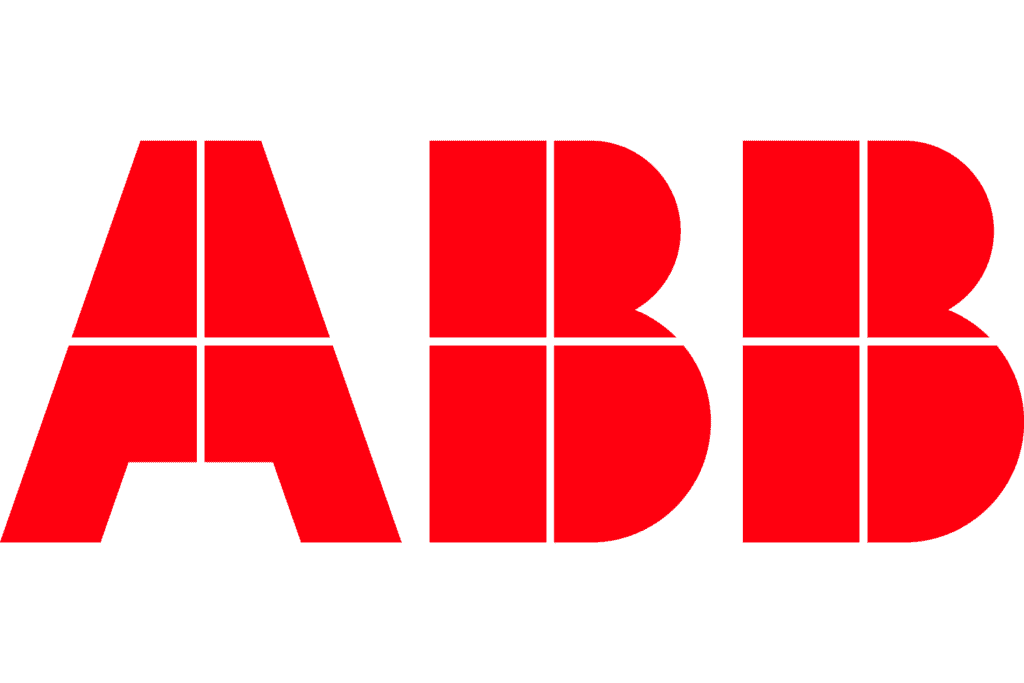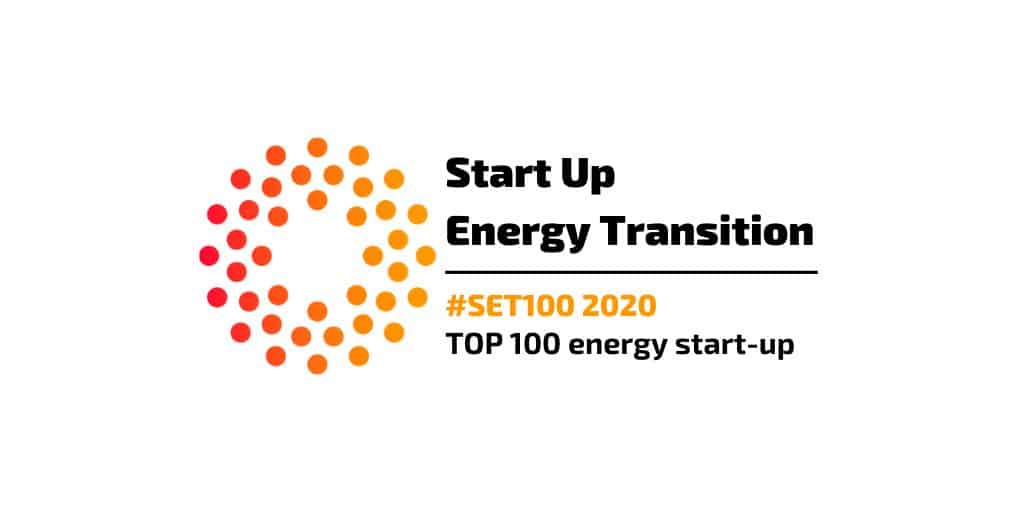29/08/2023

Vehicle IoT: an alternative to smart charge poles / smart charge points.
We are in a new era of mobility, with the uptake of electric vehicles firmly on the rise. With more electric vehicles comes the need for reliable, and better still, smarter charging options. Smart charging enables vehicles to charge at the most suitable moment, for example when grid costs are at their lowest, avoiding spikes in consumption and saving consumers money.
The transition to an electric vehicle and all this encompasses is still new territory for most people, however, and comes with a lot of considerations for fleet managers and vehicle owners alike, one of which is figuring out which charge pole to purchase, for example a single-phase EV charger or a three-phase one, and whether to invest in a smart charge point or just a simple charge pole. There are currently various solutions available and choosing the most suitable and compatible is not always easy.
One way of optimising your charging is via a smart charge point. A smart charge point gives consumers the power to monitor their energy usage and remotely control their charging activity. Such charge points can be expensive, however, and due to this technology still being developed, they are not always reliable, and there may be concerns about potential safety deficiencies. This is a new and emerging technology with certain flaws that still needing ironing out, as we have seen recently in Sweden, where even a well-established brand like Easee can encounter some issues regarding regulations in terms of compliance and documentation. This ultimately leaves consumers with a degree of uncertainty about the longevity of such solutions.
Thankfully, smart charge points are not the only option when it comes to smart charging. The sector is always evolving, and with the right software, the car’s own internet of things (IoT) connections can provide the same reliable data as a smart charge point at a fraction of the cost and without the risks. This is the reason why Tesla, for example, is not selling smart charging stations, only simple ones, focussing the smart part of the charging process on the car itself. Monitoring data such as state of charge or odometer readings does not require expensive additional hardware, as most vehicles are already connected to the internet today, for example to allow an app from the manufacturer to communicate with the vehicle. By leveraging these already-embedded IoT solutions, electric cars are able to share digital information and communicate intelligently with other entities within this IoT network. re.alto uses this existing setup, via a collaboration with the manufacturers, to collect data such as state of charge from the car and provide it to fleet or facility managers either directly or via an API into their preferred IT solution. This is a much simpler, cheaper and more reliable way of monitoring data from the car than installing a pricey smart charge point.
When it comes to transitioning to EVs, fleet managers and vehicle owners must do a lot of exploratory work before making big decisions regarding their charging setups. To complicate this decision-making process further, a lot of the available technology is not yet mature. This means that there is no guarantee that the solution they choose will also be the one that will survive and become standard in the long term. With numerous potential solutions on the table, it is a guessing game on which will prevail in the long run. While many people are opting for smart charge poles right now, this isn’t the cheapest option available. If vehicle IoT, as outlined above, takes over, with smart charging then being done as standard directly via the vehicle, these smart charge points could ultimately become redundant. Smart charging directly from the vehicle itself helps consumers or fleet managers avoid issues like Easee has now encountered regarding compliance, because with a simple charge pole and direct vehicle IoT, no one is likely to face such complexity in regard to regulations. The re.alto Connect solution works on this theory and eliminates the need for a smart charge point, saving users money and helping avoid the issues outlined above. It is sufficient to use just a simple charge pole and let the vehicle IoT handle the smartness, which is ultimately both easier and cheaper.
Reach out to us today for more information on how re.alto Connect could help you do this.











